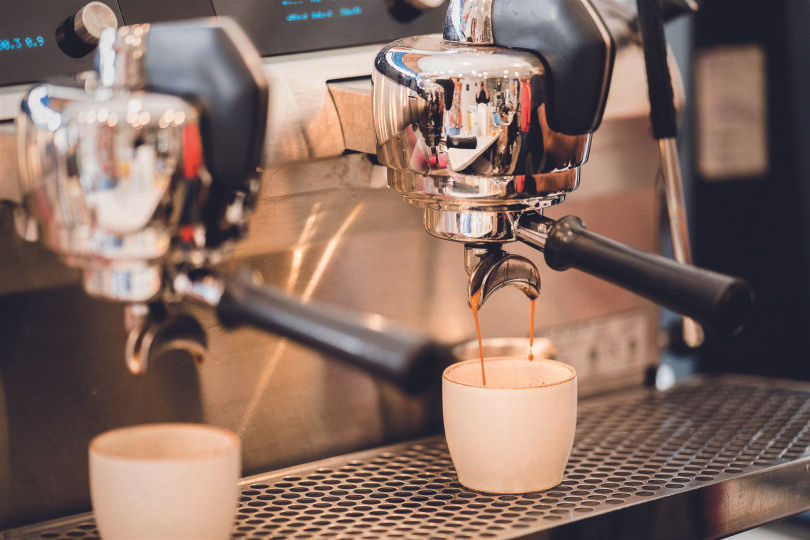Refreshment focuses on the water dispenser/cooler, office coffee service and vending sectors, while also taking an in-depth look into products for vending from bottled water and drinks, to snacks and confectionery. It also focuses on hydration, health and wellness, new technologies and environmental and social responsibility issues.
Research
Coffee & tea

Brita and the Lawn Tennis Association (LTA) have eliminated 481,000 single-use plastic bottles from UK tennis events over the past two years, as part of a wider push to promote refill-first solutions across the hospitality industry.
The partnership, which sees Brita serve as the official sustainable water partner to the LTA, has introduced filtered water stations and reusable bottles at major British WTA and ATP events including Queen’s Club, Birmingham, Nottingham and Eastbourne. According to Brita, the model offers a scalable approach for hospitality businesses seeking to reduce waste, cut costs and improve sustainability without compromising the guest experience.
David Hall, managing director of Brita UK, said: “This isn’t just a sustainability win – it’s proof that with the right infrastructure and messaging, you can drive real behaviour change. Hospitality has enormous influence, and even small changes – when made consistently and visibly – can create a ripple effect that shifts industry norms and accelerates the move away from single-use culture.”
Practical steps for hospitality operators
Brita and the LTA’s initiative highlights how hospitality businesses could adapt similar strategies to reduce plastic waste and encourage reuse.
1. Improve access and visibility
At LTA events, refill stations were prominently placed and integrated into digital wayfinding tools, helping attendees locate hydration points easily. For hospitality settings such as hotels and venues, clearly signposted refill infrastructure could make sustainable choices more accessible to guests.
2. Engage with guests before arrival
Attendees were encouraged to bring reusable bottles at the ticketing stage and received reminders via email and mobile apps. This approach, Brita suggests, can be replicated by hospitality businesses to shape guest habits in advance and reduce reliance on single-use plastics.
3. Focus on long-term integration
The LTA and Brita worked together on a strategy that included staff training and operational changes. The partnership underlines the importance of long-term planning and collaboration when implementing sustainability initiatives across both guest-facing and behind-the-scenes operations.
.png)

%20(1).jpg)







